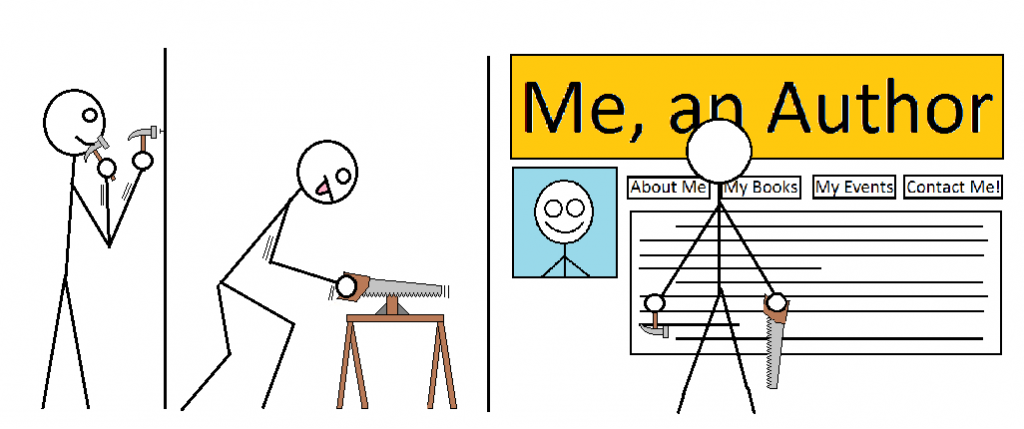Want to start your own blog? Try blogging like I do.
In the past 11 years, I’ve written over 650 blogposts. When I started, experts advised fiction writers to blog as a way to increase their online footprint and drive book sales.
These days I’m not sure that matters much. YouTube might be a better venue, if you can create standout videos. But hours spent blogging (or shooting videos) are hours not spent writing fiction. Still, it’s become a weekly routine for me.
Before I began in 2011, I listed about 20 ideas for topics and created a Blog File. Whenever I saw an article or had some stray thought worth blogging about, I added it to my list. Today, the list runs to 168 topics.
I start a new Blog File every year, copying the unused topics left over from the previous year. The file lists published blogposts, future topics, and contains the posts themselves.
Each week, on Thursday, I select a topic from the list, unless a more urgent topic idea occurs to me. After choosing the topic, I jot notes for points I’d like to make in the post, and might even organize these notes and do some online research.
On Friday, I use the notes to write the post’s first draft. I create the draft in my word processor program, not on the blog platform (WordPress). Since each post should have an image, I work on that, too.
Be careful using images from the net. They might be copyrighted. You can’t get in trouble taking your own photos. My wife kindly consents to taking pictures of me. Someday she’ll hand me a bill for all that work, and I don’t know where I’ll find the money.
Saturday arrives—editing day. Still working offline in my word processor, I improve prose clarity, check spelling and grammar, and adjust the image. My word-count goal’s between 500 and 600, though those aren’t firm limits.
When the text meets my satisfaction, I copy it to WordPress as a draft post. Next, I import and position the image and set up all the hyperlinks. A preview of the post helps me make sure it looks right and that the links work as they should.
Early Sunday morning—showtime. I review the post one last time. If I change something, I make the change on WordPress and in my Blog File, which serves as my backup.
After designating appropriate categories and tags, I preview the post one last time, and then publish it. I then draw attention to it using Twitter and Facebook. In the Blog File, I move that topic from the ‘unused’ to ‘used’ list. Done.
If that process sounds rigid, maybe it’s because I’ve made it sound stricter than it is. I’ve posted on days other than Sunday, and skipped weeks on occasion.
Overall, I believe I’ve benefited from the discipline of weekly posts. The schedule pressure stimulates my writing creativity and productivity. I enjoy it.
Has blogging boosted story sales? Hard to say. Sometimes my blog posts reach the first page of search engine lists for certain topics, so that may result in more visits to my blog, more views of my stories, and maybe a purchase or two.
Would blogging work for you? Only one way to find out. Start doing it. Pretty soon you’ll be blogging like—
Poseidon’s Scribe




 A website does at least the following things for you:
A website does at least the following things for you:
